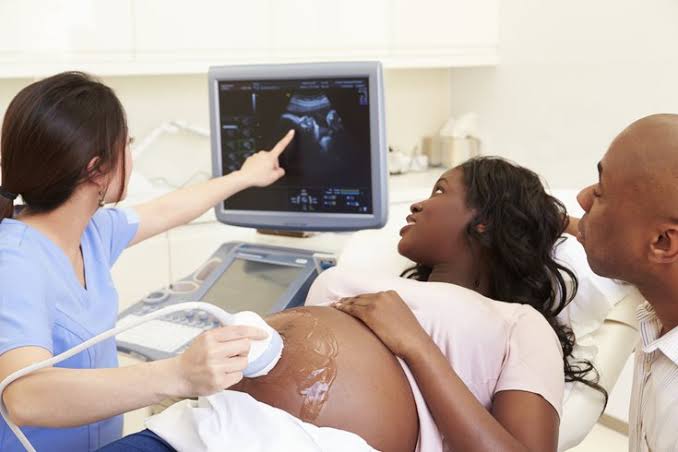Understanding the common dangers associated with

Childbirth: Understanding the common dangers associated with childbirth
It is the joy of every expectant mother to carry her child in her warm arms after months of baby blues. For expecting mothers, childbirth is not just welcoming the newest member of the family but also a relief from the challenging effects of pregnancy such as backache, vomiting, swelling of some body parts, pregnancy induced oedema or hypertension.
Childbirth is a remarkable event, marking the arrival of a new family member and offering relief from the challenges of pregnancy. Yet, it’s crucial to recognise that alongside its beauty, childbirth carries potential dangers. Despite proactive measures taken during pregnancy and after birth, certain risks remain prevalent and demand awareness.
Here’s a comprehensive look at the common risks associated with childbirth and how to navigate them.
READ ALSO: Postpartum Depression: A doctor’s insights on hidden motherhood struggles
Excessive Bleeding: A Looming Threat
Among the foremost dangers is postpartum hemorrhage, characterised by excessive bleeding following delivery. This perilous condition, stemming from tears in the uterus or vagina or inadequate uterine contractions, necessitates swift medical intervention to avert life-threatening consequences. Expectant mothers are advised to prioritise nutrition and adhere to prescribed vitamin regimens to mitigate this risk.
Infections: Stealthy Adversaries
Infection poses another common peril during childbirth, manifesting in various forms such as uterine or bladder infections, particularly in cases of cesarean sections or episiotomies. Prompt detection and treatment, typically involving antibiotics, are imperative to forestall complications like sepsis. Vigilance on the part of medical professionals and open communication from mothers regarding any concerns are crucial in addressing this threat.
The Baby’s Well-being: A Shared Concern
Complications during childbirth don’t exclusively affect the mother; the baby’s health is also at stake. From birth injuries to premature delivery and complications stemming from genetic disorders or infections, the risks are multifaceted. Infections transmitted from mother to child can lead to birth defects, underscoring the need for comprehensive prenatal care and monitoring.
Beyond Motherhood: Anticipating Additional Risks
Preeclampsia, characterized by high blood pressure, and gestational diabetes, which elevates blood sugar levels, poses significant risks to both mother and baby. Timely intervention is paramount in averting seizures and other serious complications. Throughout labor, close monitoring of vital signs and prompt intervention, including emergency procedures like cesarean sections, ensures the safety of both mother and baby.
Empowering Mothers: The Role of Prenatal Care
To mitigate the risks associated with childbirth, expectant mothers must diligently attend prenatal appointments and heed healthcare providers’ recommendations. Adopting a healthy lifestyle and maintaining open communication with medical professionals are pivotal in fostering a safe and successful delivery.
READ ALSO: Amazing benefits of avocado
It is important for expectant mothers to attend all prenatal appointments and follow their healthcare provider’s recommendations by living a healthy life style to minimize the risks associated with childbirth. Working closely with medical professionals, expectant mothers can help ensure a safe and successful delivery for both themselves and their babies.





